Uganda, the “Pearl of Africa,” is a land of spectacular biodiversity, from the misty mountains of the Bwindi Impenetrable Forest, home to the iconic Mountain Gorillas, to the sweeping savannas of Murchison Falls. A safari here is an unforgettable adventure, but increasingly, it’s also an act of sustainable support.
Modern tourism in Uganda is moving beyond mere sightseeing to embrace a model of “Travel with Purpose,” where your travel dollars directly contribute to the well-being of the local people and the long-term conservation of the very ecosystems you’ve come to admire. By choosing a responsible safari, you become an active participant in building a better future for Uganda’s communities.
1. Direct Economic Empowerment Through Employment
One of the most immediate and impactful ways your safari supports communities is through job creation. Local people fill a diverse range of roles, providing stable incomes that uplift families and inject money into the regional economy:
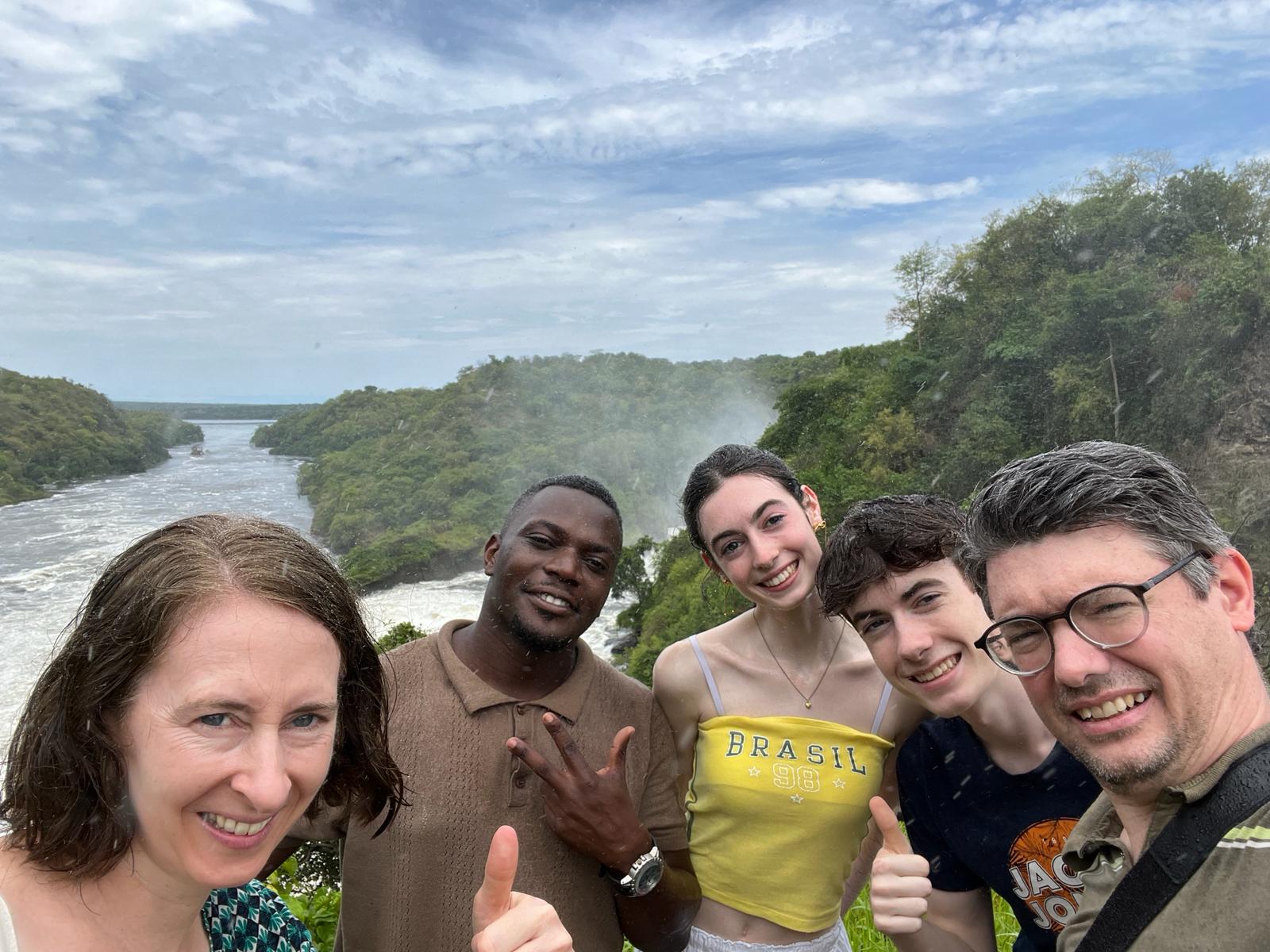
- Local Guides and Rangers: Expert trackers, guides, and park rangers—many of whom grew up in the areas surrounding the national parks—are employed directly by tour operators and the Uganda Wildlife Authority (UWA). Their intimate knowledge of the flora, fauna, and local history enriches your experience while providing them with a dignified livelihood.
- Lodge Staff: From housekeepers and chefs to groundskeepers and cultural performers, the staff at eco-lodges and community-run camps are predominantly hired from nearby villages.
- Porters: Especially vital for experiences like gorilla trekking, porters are local community members whose services provide a crucial income stream.
2. Funding Community Development Projects
A significant portion of the revenue generated from tourism is channeled back into local community initiatives, primarily through Revenue Sharing Programs.
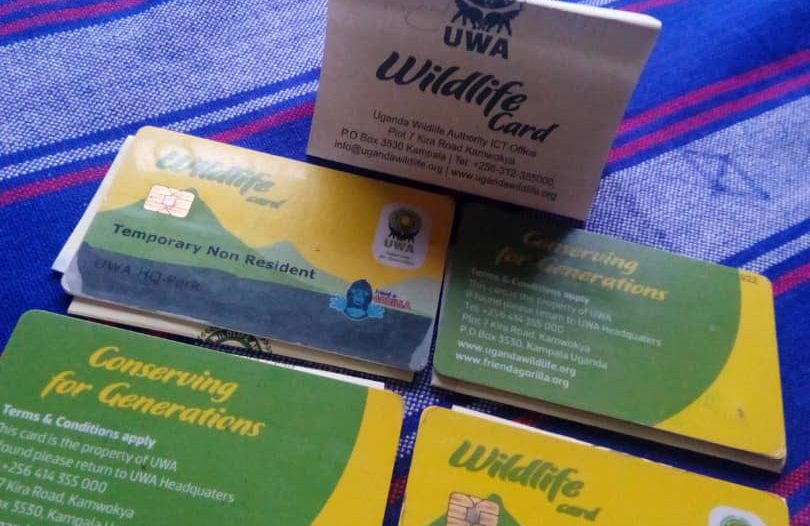
- Gorilla Permit Fees: The Uganda Wildlife Authority (UWA) allocates a percentage of the highly sought-after gorilla trekking permit fees back to the communities surrounding Bwindi Impenetrable and Mgahinga Gorilla National Parks.
- Infrastructure & Services: This money is often used to fund critical local projects, including:
- Building and maintaining schools and classrooms.
- Constructing health centers and providing medical supplies.
- Developing clean water sources and sanitation facilities.
- Improving local roads and infrastructure.
These investments demonstrate a clear, tangible link between wildlife conservation (which attracts tourists) and improved quality of life for the residents, fostering a sense of ownership over the protected areas.
3. Community-Based Tourism and Cultural Exchange
Many responsible Uganda safari itineraries incorporate visits to community-run projects, offering enriching cultural experiences for travelers and direct income for locals:
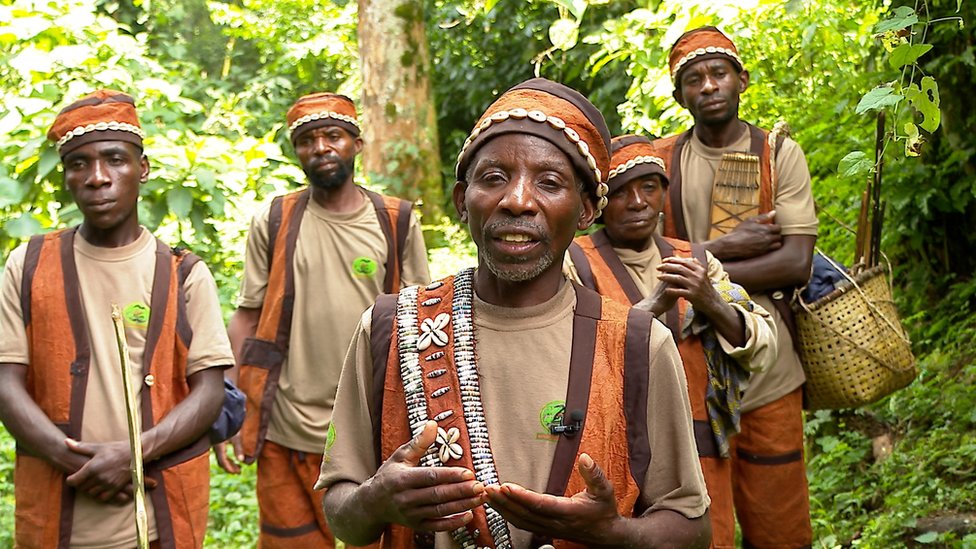
- The Batwa Cultural Experience: Near Bwindi, the Batwa (Twa) people, the original inhabitants of the forest, offer guided cultural walks. This provides them with an income, preserves their unique heritage, and offers visitors a powerful lesson in resilience and history.
- Women’s Craft Cooperatives: Groups like the Boomu Women’s Group near Murchison Falls National Park empower women by helping them sell handcrafted items like woven baskets, mats, and jewelry. When you purchase these authentic crafts, the money goes straight to the artisans.
- Village Walks and Homestays: Participating in a guided village walk, a coffee plantation tour, or a traditional cooking class allows you to interact meaningfully with Ugandan culture while financially supporting local families and farmers.
4. An Incentive for Conservation
Perhaps the most profound impact is the creation of a powerful incentive for conservation. When local communities directly benefit from wildlife tourism, they transition from viewing animals as a potential threat (to crops or safety) or a resource for poaching, to seeing them as a valuable economic asset.
Tourism provides a compelling alternative to activities like poaching and illegal logging, turning former poachers into conservationists and creating a symbiotic relationship where the prosperity of the people is directly linked to the health of the park.
How to Be a Purposeful Traveler
Your safari choice is your greatest tool for impact. To ensure your journey is one of purpose:
- Choose Responsible Operators: Select tour companies and lodges that publicly commit to sustainable and community-focused practices.
- Support Local Enterprises: Stay at community-owned camps or eco-lodges that prioritize local hiring and procurement.
- Buy Local: Purchase souvenirs and crafts directly from community cooperatives and artisans.
- Be Respectful: Engage with local communities through organized activities with respect for their privacy and traditions.
A Uganda safari is more than just a trip; it’s an opportunity to witness the power of sustainable tourism in action. By choosing to Travel with Purpose, your adventure through the “Pearl of Africa” will not only change your life but also leave a positive, lasting legacy for the communities and wildlife of Uganda.
Planning to visit Uganda for safari adventure – simply contact us now by sending an email to info@ugandasafaribookings.com or call us now on +256-700135510 to chat or speak with the reservations manager.
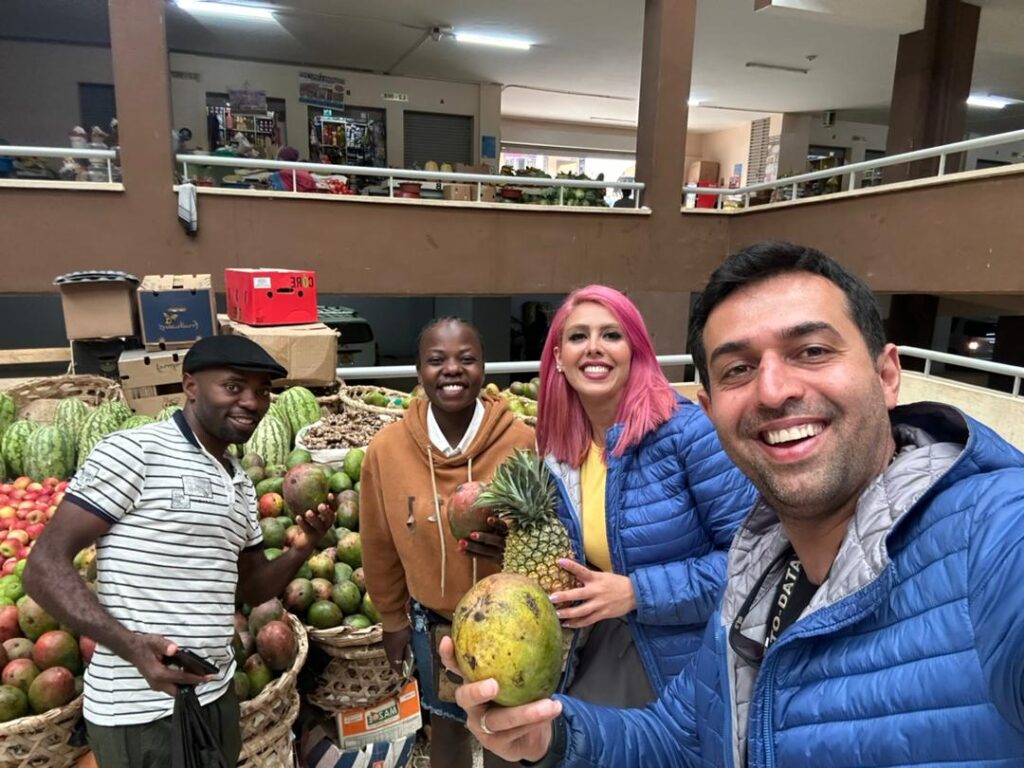
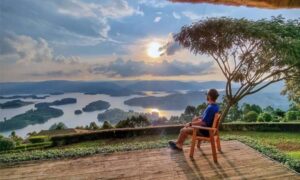
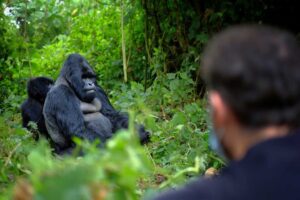
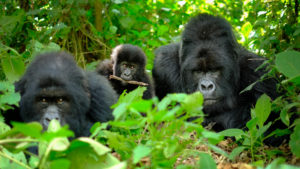

More Articles
Big 5 & Beyond: Discovering the Best Uganda Safaris for 2026
Bwindi Gorilla Trekking: The Crown Jewel of Uganda Safaris
6 Fascinating Facts About Mountain Gorillas You Didn’t Know